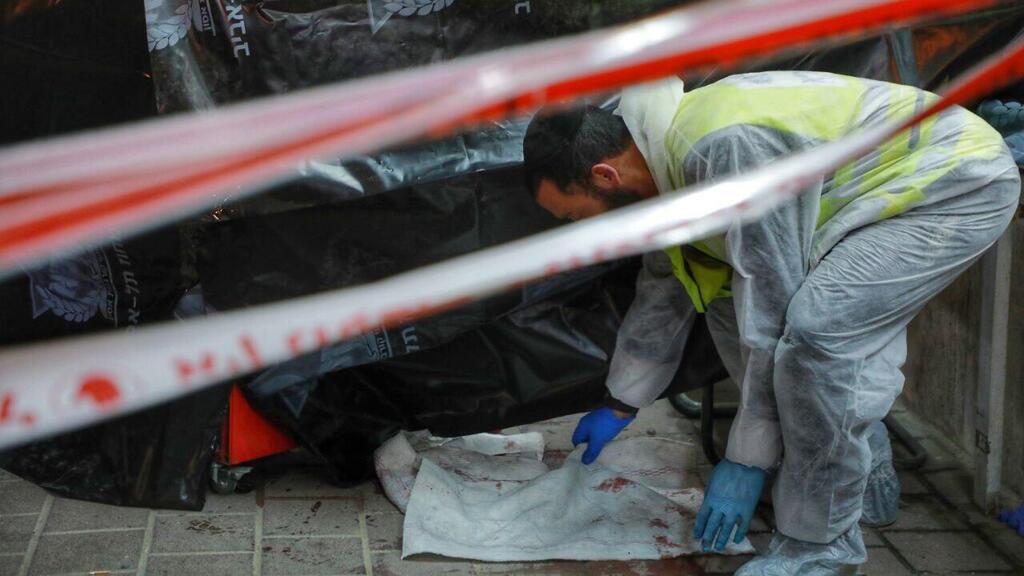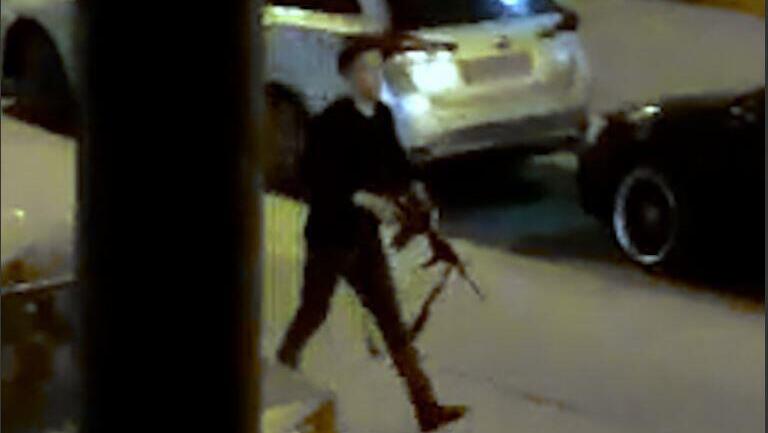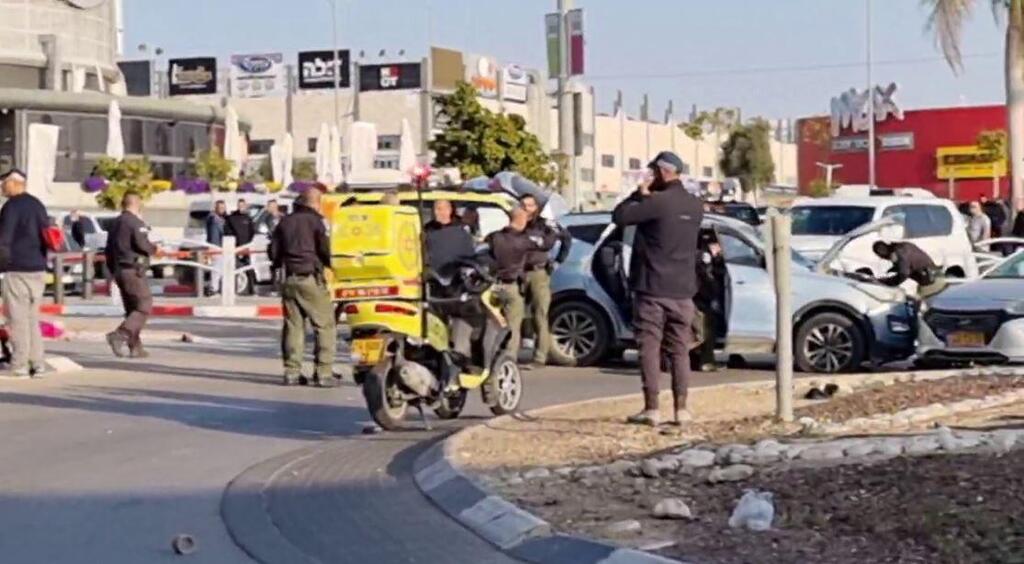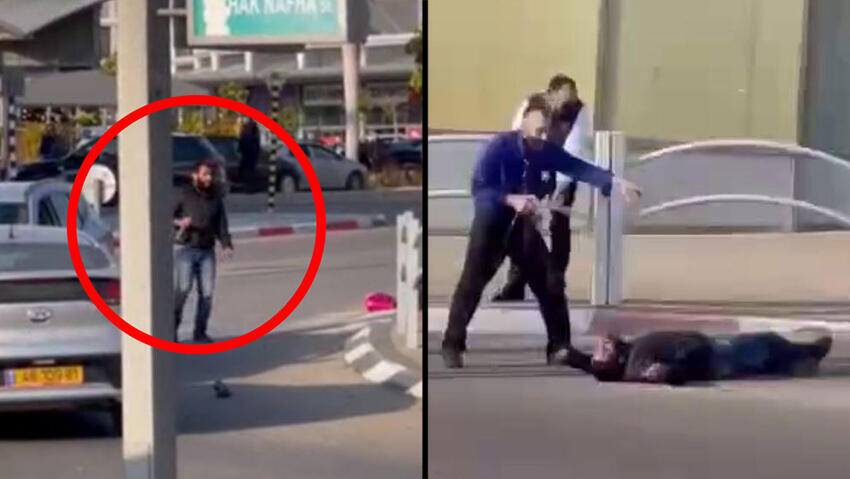Getting your Trinity Audio player ready...
Even after Tuesday’s deadly terror attack in Bnei Brak - the third in a week - the defense establishment continued to claim that Israel is definitely not on the verge of an armed uprising.
It's clear, however, that what started as lone-wolf terror sprees by Israeli Arabs in the past week, have now evolved into a deadly and ongoing wave of copycat attacks, sometimes perpetrated by Palestinians from the territories.
The terrorist attacks carried out in the northern city of Hadera and the southern city of Be’er Sheba revealed the soft underbelly of the cities within the Green Line - the demarcation line set out in 1949 between Israel and its neighbors.
It seems that these past relatively terror-free years have rendered us somewhat complacent, if not utterly comatose.
Tuesday’s attack in Bnei Brak - perpetrated by an illegal Palestinian armed with an M-16 automatic rifle and backed up by at least one accomplice - took place when Israel was already on high alert - partly at least due to the upcoming holy month of Ramadan and the two attacks that preceded it.
The defense establishment is still pursuing leads that may help them thwart future attacks, though it has proven unable to slow them down so far.
Its investigation of Islamic State cells within the Israeli Arab sector has barely started, and already Palestinians from the territories have been given the go-ahead to embark on numerous murderous sprees.
Now the ball is in Israel's court: any wrong, emotional and hasty move could take us back to the dark days of countless suicide bombings within the Green Line.
This will allow the Islamist Salafist movements and the Hamas terrorist group to realize their main goal: igniting the third intifada.
6 View gallery
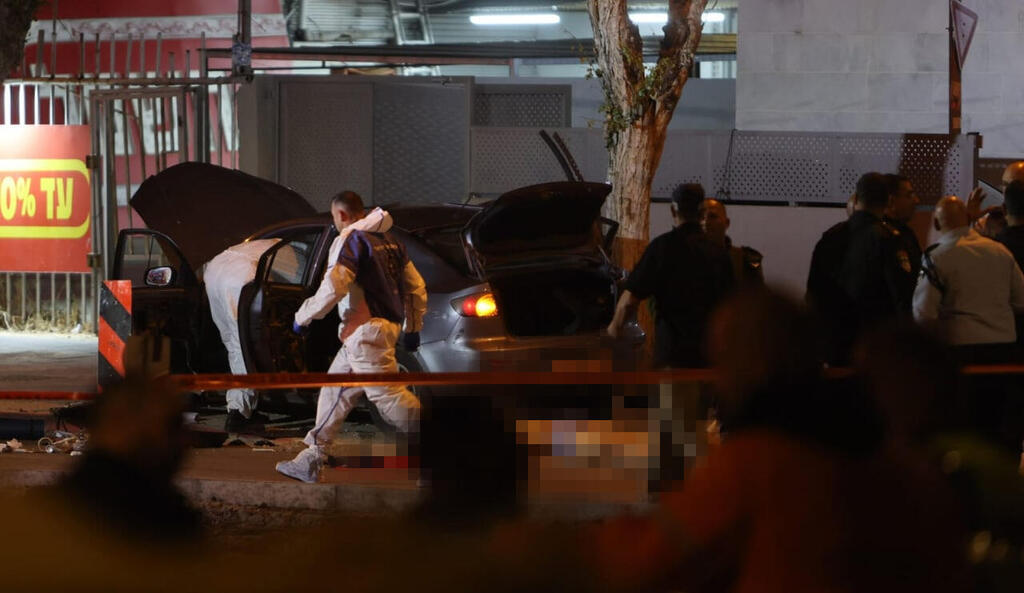

Police investigators at the scene of the deadly terror attack in Hadera on Sunday
(Photo Gil Nechushtan)
Currently, the defense establishment is unable to explain what motivated the Islamic State supporters, all Israeli Arabs, to carry out the horrific attacks in Be'er Sheva and Hadera.
The assassination of the IS leader by U.S. last month has caused a revival among the terror group's proponents in Israel, and yet that does not explain the unusually violent outbreak over the past week.
The attack in Be'er Sheva was perpetrated by a Bedouin from the town Hura, whom the defense establishment deemed as free from the radical ideology after serving a four-year prison term for attempting to reach Syria to join IS forces.
The black hole that is the chronic misunderstanding of these attacks is an invitation for similar incidents. When extremists are ready to die for their beliefs, and every second household in Umm al-Fahm has at least one weapon in its closet, anything can happen.
The three attacks took place while Israel was already on very high alert, among other things due to Land Day on March 30 - characterized by violence over the Israeli government's decision in 1976 to expropriate thousands of dunams of land - as well as due to the upcoming eve of Ramadan, during which nationalist and religious tensions are at their peak.
The Israeli holiday of Jerusalem Day is also set to take place next month, alongside Easter and Passover, so it’s really no surprise that the defense establishment decided to lock its sights on the capital and the Gaza Strip.
But then, seemingly out of nowhere, numerous terrorist attacks took place in several big cities within the Green Line.
Since this is a phenomenon that does not yet have a clear explanation, the political echelon decided to move up any and all preparations for Ramadan by a week - to bring in forces into the West Bank and carry out a series of preventive arrests of dozens of inciters.
When you have no clear target, all you can really do is spray and pray.
This year, Israel was preparing for Ramadan via a series of preemptive actions meant to placate those in the three most likely flashpoints: The prisons, Jerusalem and Gaza.
In prisons, Israel lifted some of the restrictions imposed after the escape of six security prisoners from Gilboa Prison last year, including the restrictions on prison visits from the Gaza Strip - thus preventing the hunger strike planned there for the coming week.
In Jerusalem, the level of friction with the Palestinian population was reduced, while the contested neighborhood of Sheikh Jarrah in East Jerusalem was effectively removed from the limelight; Israel has also allowed virtually any Palestinian without any security restrictions to reach the Temple Mount during Ramadan.
6 View gallery
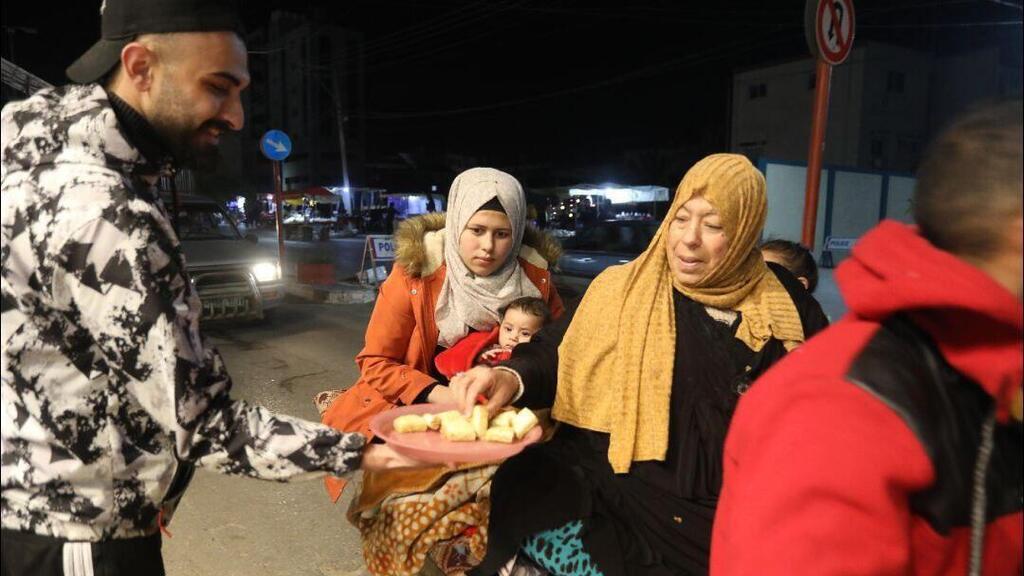

Palestinians in Gaza celebrating the terror attack that killed 5 in Bnei Brak
(Photo: Courtesy)
In Gaza and the West Bank, Israel has opened its gates to a vast amount of Palestinian workers - we are talking about numbers not seen here since the Second Intifada in 2000s.
All of these measures, coupled with substantial security reinforcements and numerous preventive arrests, were all supposed to equate to a relatively calm Ramadan.
Jordan’s King Abdullah’s visit to Ramallah earlier this month and visits by senior Israeli officials to Amman were also supposed to help maintain the calm. Despite Hamas and Iran’s intense and incessant incitement attempts, all signs pointed toward a relatively peaceful March and April.
Now, Israel will have to decide whether all these gestures of goodwill towards the Palestinians should continue, or whether it will return to a policy of closures and restrictions.


